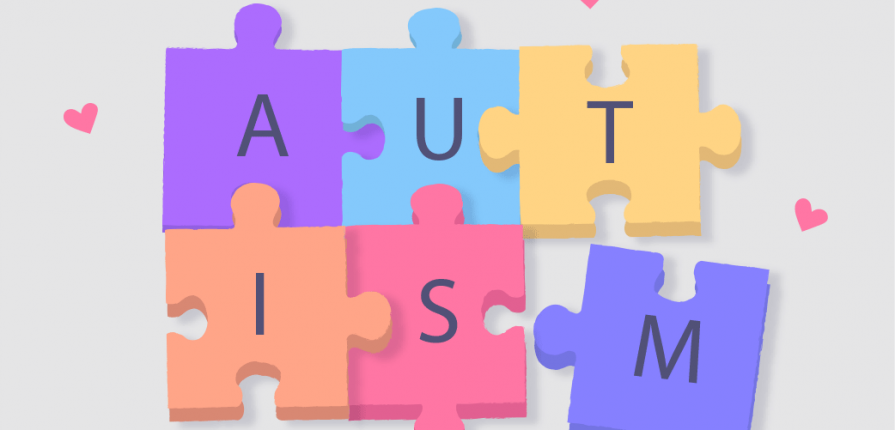It can be hard to tell if a child has autism because many children without the condition have some of the same behavior. Most children with autism spectrum disorder don’t get a diagnosis until they are 4 years or older.
But expert says that it’s possible to get a reliable autism diagnosis as early as age 2. And many parents notice early signs before their child first birthday and realize something is different by the time their child is 18 month old.
The earlier a child with autism begins treatment, the better the outcome. If you notice any of these signs or have concerns about your child development, talk with doctor.
SIGNS OF AUTISM IN BABIES YOUNGER THAN 12 MONTHS OLD.
At this age, picking up on signs of autism involves paying attention whether your child is meeting developmental milestone or not.
Here Are Some of the things to watch out for in your child:
- Not showing interest in faces.
- Doesn’t make eye contact or smile and may even seem to look right through you.
- Doesn’t react to sound or turn around to see where a sound is coming from or doesn’t appear startled by a loud noise.
- Doesn’t like being cuddled or touched
- Doesn’t use gestures like reaching out to be held.
SIGNS OF AUTISM IN TODDLERS 12 TO 24 MONTHS OLD
- Doesn’t use gestures. Doesn’t shake his/her head to signify yes or no.
- Doesn’t point out things he want or point out object to show interest in the world around her. By 14 to 16 months most kids point to get your attention to share what they interested in, such as a puppy or new toy.
- Loses verbal or social skills used to babble or speak a few words, or show interest in people.
- Walks on his toes or doesn’t walk at all.
SIGNS OF AUTISM IN CHILDREN 2 YEARS OLDER AND ABOVE
- Has a language delay. May struggle to express her needs, some children with autism don’t talk at all while others develop language but have trouble participating in a conversation.
- Has unusual speaking patterns. Might speak in a high pitched voice or a flat tone. Might use a single words instead of sentence or repeat a word or phrase over and over might repeat a question rather than answer it.
- Doesn’t seem to understand what people are saying . May not response to his/her name or maybe unable to follow direction. May laugh, cry or scream inappropriately .
- Engage in limited imitation: Rarely mimics in what to do and doesn’t engage in pretend play.
- Exhibits behavior problems. May be resistant or overly active maybe hyperactive, impulsive or aggressive.
- Engage in self injury such as biting himself.



Leave a Reply